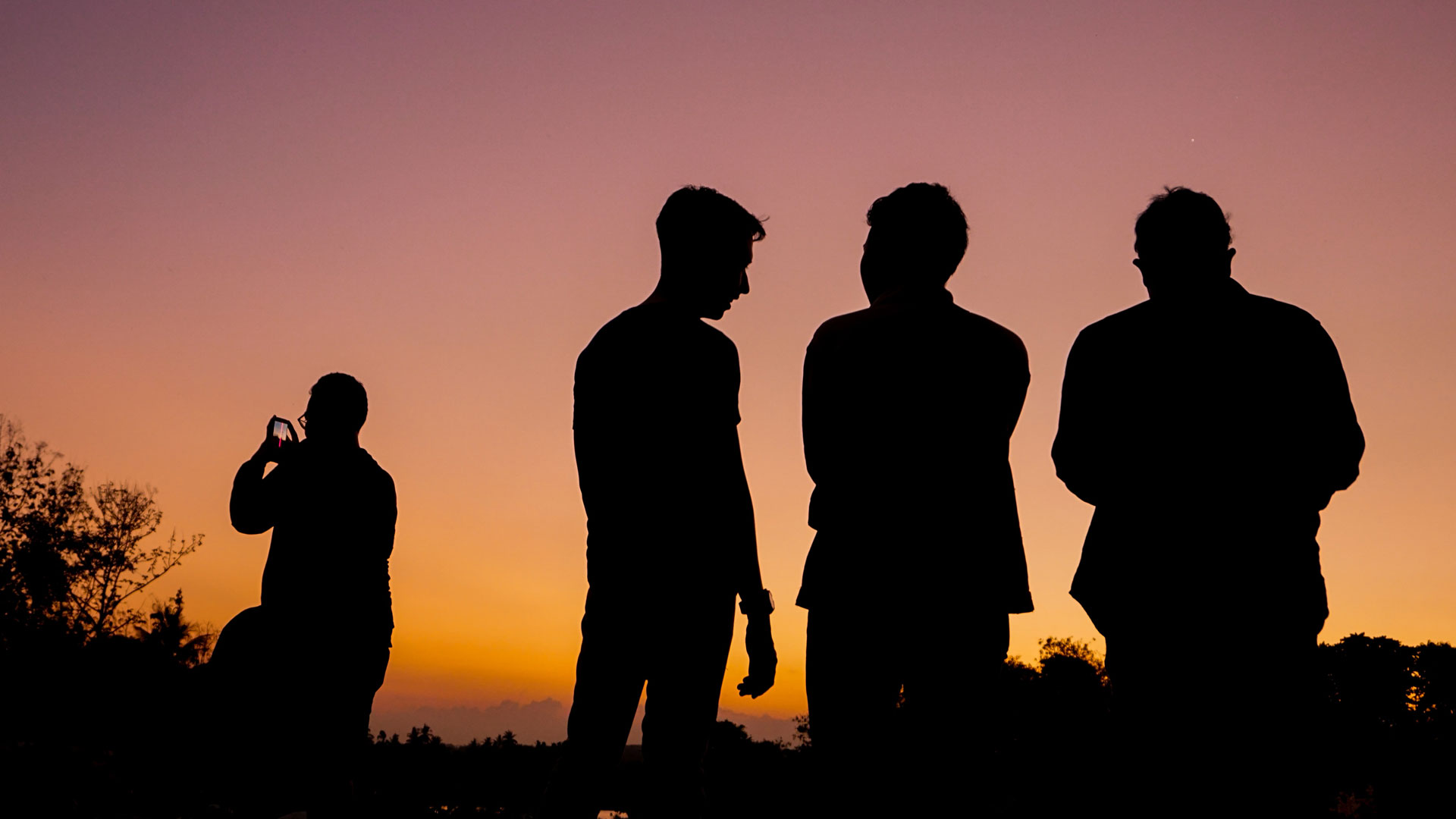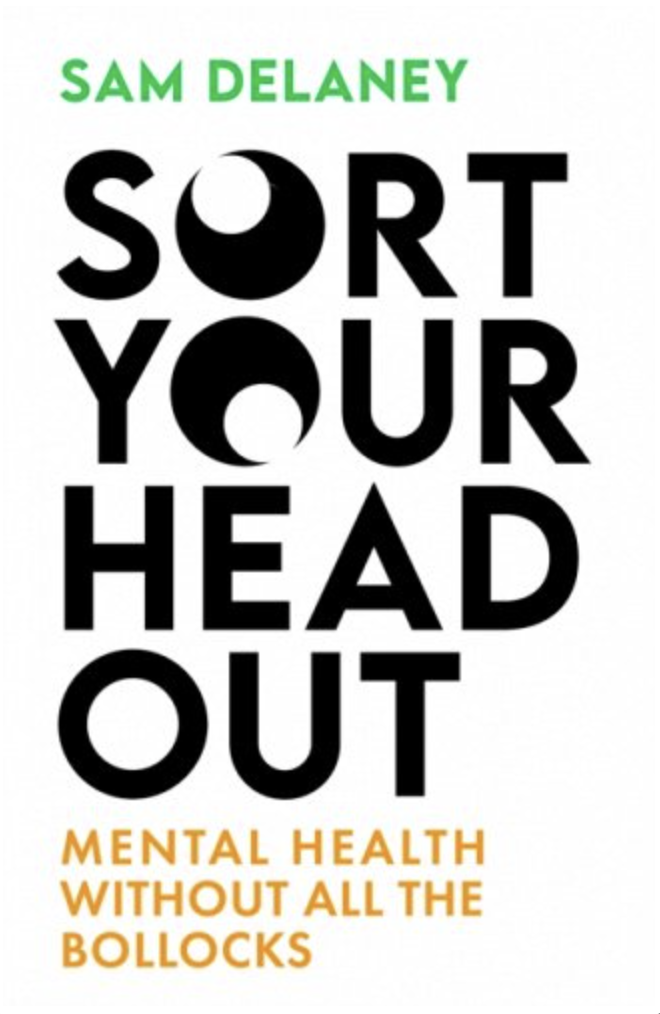In 2018 I had a complete nightmare, losing my radio show and TV show within a couple of months of each other. Shortly afterwards, my production company descended into a state of financial pandemonium and all sorts of professional and deeply personal conflict ensued. I was miserable, exhausted and scared of the future. I had been sober for three years and, despite the prevailing chaos, I wasn’t once tempted to throw myself off the wagon. I figured however bad things seemed, my mental health would be a great deal worse with a hangover. Mind you, this was the first big test I had faced since I quit drink.
When the shit hit the fan I wasn’t sure how I would cope. In my past life I would have undoubtedly turned to the bottle. How else might I escape the daily stresses that haunted me? My wife was very supportive, but there was only so much I wanted to unload on her. I was already on prescription meds so I went to the doctor, who upped my dosage. I wasn’t sure that was going to fix everything. I started seeing my therapist more regularly which helped – but I needed something else. Something that didn’t rely on someone or something to heal me. Something I could do on my own.
What else did people do to sort their heads out when numbing the senses with drugs and alcohol were off the table? Meditation? Yoga? These things work a treat for millions but, to be honest, I just wasn’t into it at that stage of my life. I was frantic, strung out. I couldn’t sleep. I felt pretty lost and alone at times.
Then I did something that was pretty alien to me. I started to own up to the fact that I was struggling. I went to a group called Andy’s Man Club where blokes meet every Monday night for a chinwag about life, all the shit it can throw at you and all the beauty that’s to be found in it too. It helped. I started chatting to mates about what I was going through and the things I was worried about. I was stunned by their empathy. Next, I started writing about this sort of stuff. A couple of articles in the newspaper about my own little struggles: the drinking, the anxiety, the childhood stuff I’d never quite shaken off. I’d been writing for years but never with much honesty about myself. I like making people laugh and found it was easy to use humour as a means of distracting from self-reflection.
- Time to Talk: ‘Don’t let your debt and mental health struggles bury you’
- Roman Kemp wants us to talk about the male mental health crisis
- Meet the London creative studio helping people with their mental health
Discovering sincerity was life changing. Writing stuff down about my own vulnerabilities, resisting the constant urge to dress it up in jokes and irony, took quite a lot of determination for a professional dickhead like myself. But the responses I got from strangers and friends alike was pretty life changing. It wasn’t the praise (although obviously, I loved that) but the sense that my own admissions about insecurity, low self-esteem, worry, fear, depression – seemed to chime with others. There was a connection, often with people who, like me, had never been able to open up about this side of themselves before. I felt less alone in my feelings and therefore less ashamed of them. I started to realise that there were tons of blokes like me who had seemingly happy, privileged lives but nevertheless wrestled with self-doubt and sadness on a regular basis. They’d heard all the stuff about mental health and the importance of sharing but they just didn’t know how to do it – or with whom.
It’s all about language and tone, I think. Whether you’re reading Plato or listening to Fearne Cotton’s podcast, the means by which we might navigate the human condition remain the same. It’s just the way in which they are discussed that varies. We need as many different conversations going on about mental health as possible so we can maximise the number of people who engage. Blokes like me have felt left out of this conversation for a while. The fact that suicide remains the biggest killer of men under the age of 45 in this country is probably connected to that.










